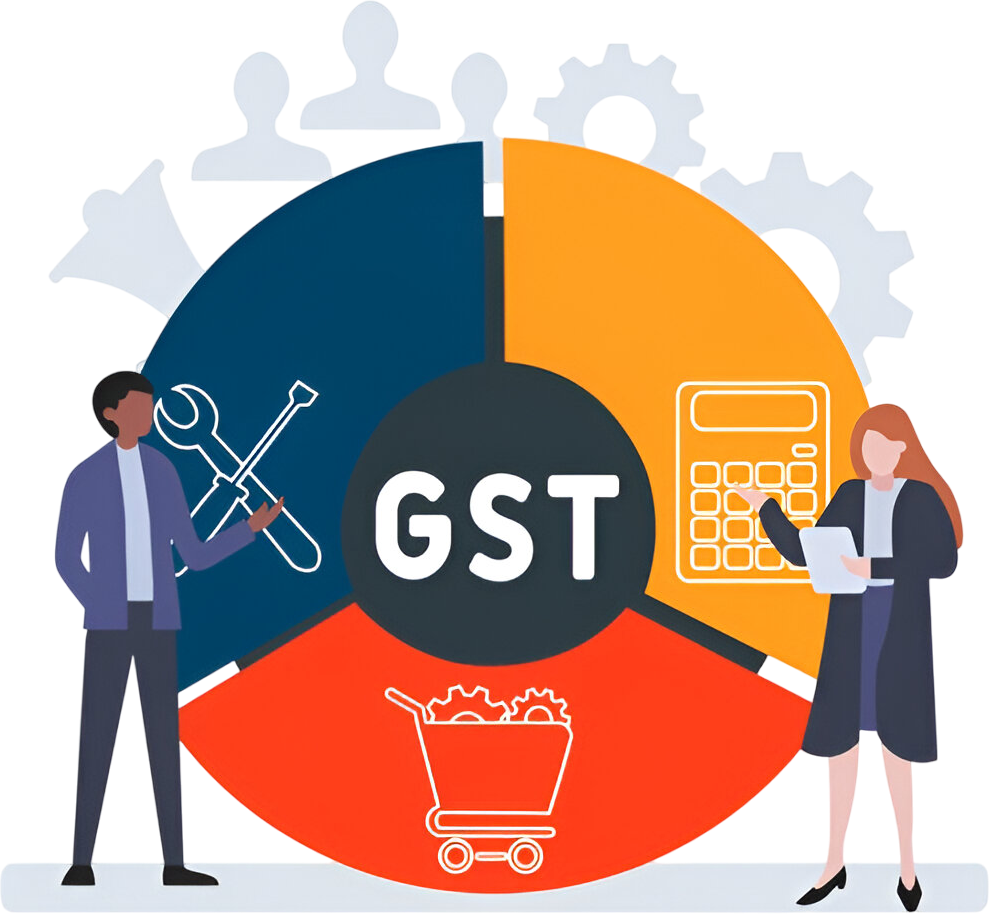- Authorized by Income Tax Department "e-Return Intermediary (ERI)" are entities who are authorized to e-file Income Tax Returns on behalf of taxpayers.
- Registered with Startup India is duly certified under GOI's Startup India scheme.
- Supported by iStart (Government of Rajasthan. Initiative for startups).
- Supporting Government Making India Digital.
- 40,000+ partners across India, and the number is growing every day.
- Covering 19,000+ Pincodes Across India.
- Assistance in e-Verification of the Filed Returns.
- Central Goods and Services Tax (CGST): This tax is Levied by the Central Government on goods and services sold within a state. It replaces taxes like service tax and central excise.
- State Goods and Services Tax (SGST): Charged by the State Government on the same intra-state sale. It replaces state taxes like VAT and entertainment tax.
- Integrated Goods and Services Tax (IGST): Applied by the Central Government on inter-state sales and imports/exports. The amount is shared between Centre and the destination state.
-
Web Online CA FeeRs. 1499/-
-
Complete By*03-Mar-2026
- Pan Card
- Aadhar Card
- Photo
- Latest Electricity Bill
- Consent Letter (If Electricity Bill Name on Family Member)
- Rent Agreement (If Business Place is Rented)
- Current Location Of Business Place (For Find Proper Address)
- Bank Details (01st Page Photo of Bank Passbook or Cancel Cheque)








